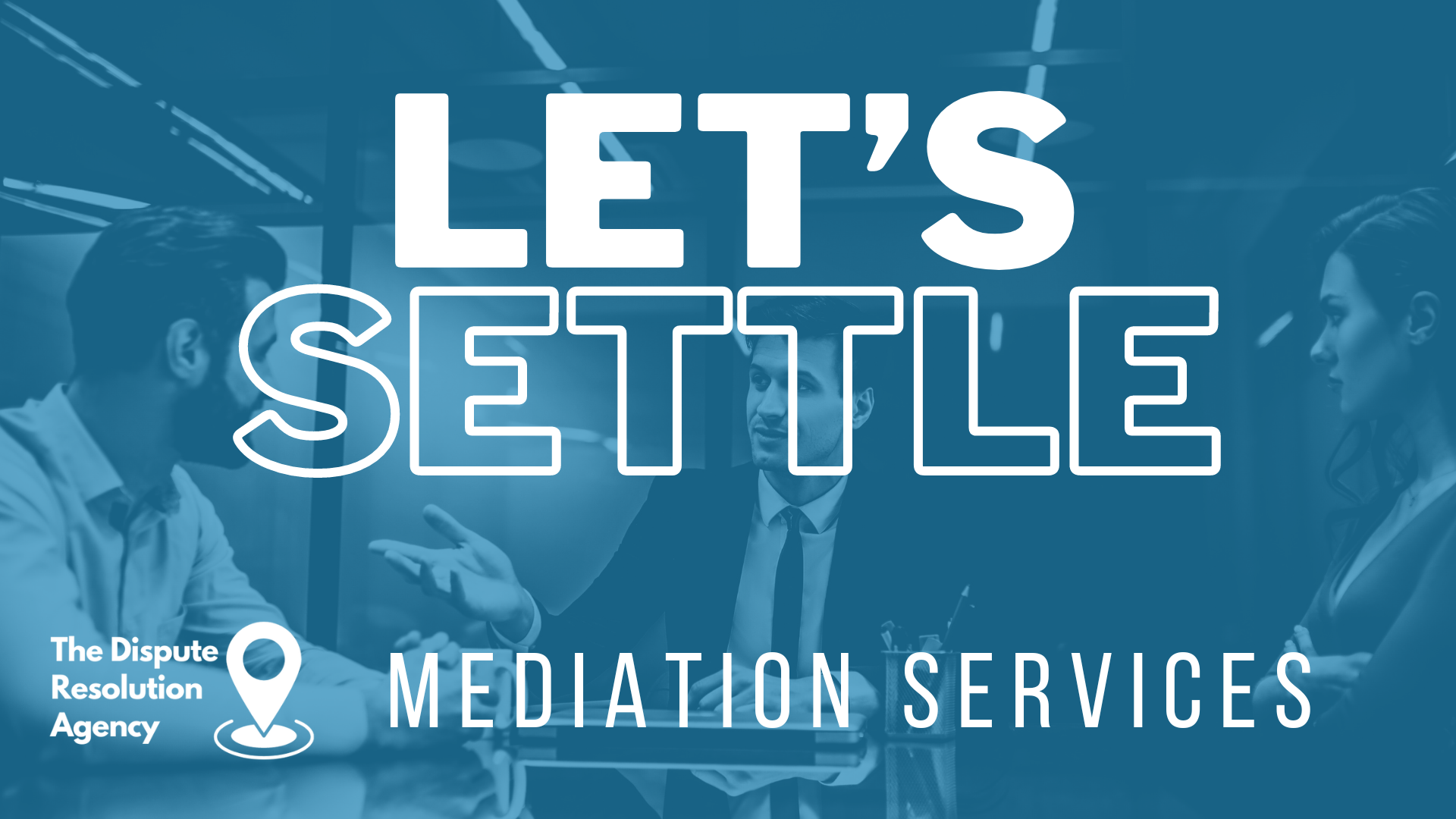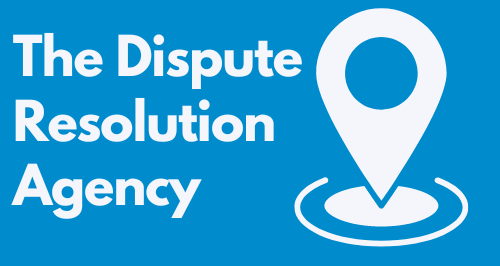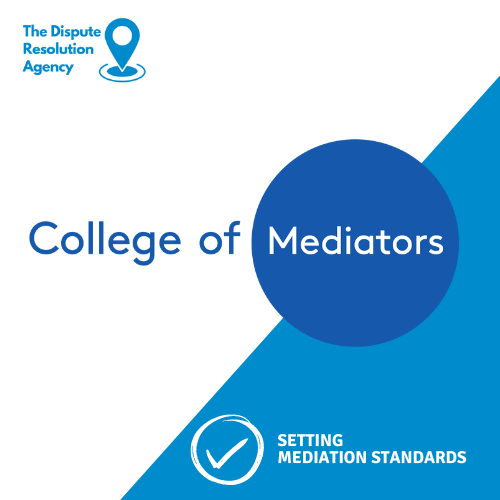Commercial Mediation
Commercial Mediation in Business Disputes

In this article we shall explore how using a Mediator can benefit the parties and how best to work with your commercial Mediator to achieve your desired results.
What is Commercial Mediation?
Mediation is a form of dispute resolution that provides professional support which is designed to empower and facilitate dialogue between those involved in a dispute. Your Mediator has been trained to speed up the process of negotiation and help parties agree outcomes that work for each organisation. This professional support enables most disputes to be resolved within a relatively short period of time and with some obvious advantages including cost savings for everyone involved.
What can commercial Mediation be used for?
Commercial Mediation is used primarily for dispute resolution, whereby conflict has crystallised into a dispute and legal or other professionals are involved or likely to be engaged with. Mediation can be used in different ways such as:
- To evaluate positions and outcomes
- To swiftly resolve the dispute
- To support lawyer to lawyer negotiations
- In the boardroom or between shareholders
- In combination with arbitration or other formal procedures
Mediators will always advocate to have mediation as soon as possible. The reason for this is that the sooner everyone is engaged in the process, the quicker an agreement can be drawn up. Mediation is on average 90 per cent successful, which means 9 out of 10 mediations result in an agreement.
Mediation may be used strategically as part of another process and may help to narrow issues (rather than formally agree outcomes). Mediation can be used to identify initial steps in resolving issues such as the form of resolution to use i.e. Arbitration, negotiation. Mediation, Expert Determination or to continue to use litigation (going to court).
Where Mediation is not deemed suitable or is not wanted by one or more parties, an alternative form of dispute resolution should be considered. However, Mediation can be used for all types of conflict and disputes as long as all parties agree to do so.
How do I select a Commercial Mediator?
A commercial Mediator is a fully trained and experienced neutral who has a background in commercial matters. Here are some tips about selecting your commercial Mediator:
- Professional Background: They may be a lawyer or a business professional with extensive relevant experience. Alternatively, a commercial Mediator may be someone who has supported businesses throughout the lifecycle of its growth such as a Business Advisor, Coach or Non-Executive Director.
- Qualities and Experience: You will be looking for qualities and experience that provide peace of mind as to an understanding of the issues you face and that they can bring commercial acumen to support your negotiation efforts.
- Professional Memberships: A commercial Mediator should be registered with leading and recognised bodies such as the Civil Mediation Council or the College of Mediators in the UK, International Mediation Institute (IMI) or other similar organisations across the world.
What is the process of Commercial Mediation?
Commercial Mediation is a professionally supported negotiation. This means that you will still need to prepare for your Mediation and you may need professional advice and representation, depending on the nature of your dispute and who is involved.
Mediation is focused on looking forwards and not reviewing evidence. However, in order to negotiate effectively, you will need to be fully prepared and have to hand all documents or correspondence that you intend to rely on.
Your Mediation session can take place in person at a neutral venue, solicitors office or Barrister’s chambers. Alternatively, your Mediation may be conducted remotely using online video conferencing software such as Zoom or MS Teams.
Getting Ready for the Mediation session:
- Mediation Strategy: We suggest that you prepare fully and make notes about what your aims are for the Mediation, including:
- What you want to agree to
- What you are prepared to negotiate or compromise on
- What you will not agree or compromise on
- Authority to Agree Outcomes: Ensure that you are empowered to make decisions for and on behalf of the company you represent. Failure to have this may result in an unsuccessful Mediation. You should get authority for sums of money and actions, and clarity as to what you cannot agree to without further approval.
- Mediation Bundle: All parties must disclose all information and documents that you wish to rely on.
- Meet your Mediator: Hold conference calls with your Mediator to ask questions and ensure that you feel ready.
- Professional Advice: Talk to your lawyer or Mediation Advocate about your strategy and options where you do not reach an agreement.
- On the Day: Bring pens, paper, and your own Mediation Bundle (your agreed documents)
- Attending the Session: Check you can log in (if your session is remote) or you know the location of the venue. Arrive in plenty of time to settle in to your own room, meet the Mediator and get mentally ready to negotiate.
Reaching Agreement: The Negotiation
Commercial Mediation usually takes a full day and sometimes can last into the night. It can feel more like an endurance race! This can happen for any number of reasons, but you should be prepared for an extended day of discussion.
Whilst it is better to keep up the momentum for the mediation and encourage everyone to stay in the process on the same day, you may decide that an additional session is needed.
It is often better to divide complex or high value Mediations into distinct parts. This allows you to deal with specific issues in turn and make progress incrementally.
As with all negotiations, preparation is key and of course knowing what you will agree on and what your limits are. Your Mediator will talk to you privately about the specifics of your own position and how you want to proceed. It is important to keep them involved in your thought processes and ensure that they fully understand your concerns, barriers, and challenges to reaching an agreement.
Your Mediator remains impartial throughout. This means that they will not provide advice or guidance, nor will they recommend outcomes. Their role is to facilitate your negotiation and to help you agree terms that work for you. They will sense-check your suggestions and reality-check offers on the table. The are skilled at asking the right questions to open-up the discussion in more creative ways, and to help you consider all options available to you.
You will have private sessions with your Mediator to discuss confidential aspects that you do not want to share, and open sessions with everyone involved to discuss issues and agree outcomes. Talk to your Mediator about how you want to conduct your session.
When you have reached an agreement, you will need to commit this to writing. If you have lawyers present, they will prepare a Mediation Agreement. This is a legally binding document once signed and if you need additional enforcement of its terms the agreement can be incorporated into a Consent Order or Tomlin Order. If this is something all parties want, you will need to seek legal advice about the details and next steps.
What should be contained in a Mediation Agreement?
The Mediation Agreement is a formal document that is legally binding under contract law. It is important that it contains the right details to ensure clarity. Your Mediator does not sign the agreement. This should be signed by the Parties and a copy held by each person for reference. Here are some key aspects to ensure that you include in your agreement:
- The Parties: the people in dispute (full names, organisation, office address and role)
- The terms:
- Include payment sums, when due, and any schedule
- Include actions and by whom, when, and any schedule
- Include whether additional Mediation is needed
- Next steps if any part of the agreement is breached
- The date agreed
- Signatures of the Parties
- Confidentiality Statement
After the Mediation
It is unlikely that you will have enforceability issues or outstanding matters after your Mediation. It is highly probable that your working relationship will have been improved and you will have learned some key skills to avoid the escalation of conflict in the future. To ensure that you remain on track, we suggest that you do the following:
- Communication: Keep communicating regularly until at least the agreement has been fulfilled and communicate any changes to personnel.
- Check-in: Prompt before actions or payments are due and be transparent where something cannot be fulfilled. Agree any amendments in writing and be clear when inaction becomes breaches of the agreement.
- Sign-off: when the terms of the agreement have been fulfilled, confirm this in writing and thank the others for settling and engaging with the process.
- Engage with your Mediator: If you need support following the mediation, contact your Mediator and agree to hold another session or have some remote neutral support to ensure that everything remains on track.
Our commercial Mediators are experts in business dispute resolution and are recognised globally for their work in their fields. Contact the team on 03300 431 757 or by emailing help@disputeresolutionagency.com to instruct a commercial Mediator for your dispute.
Expert Advice











